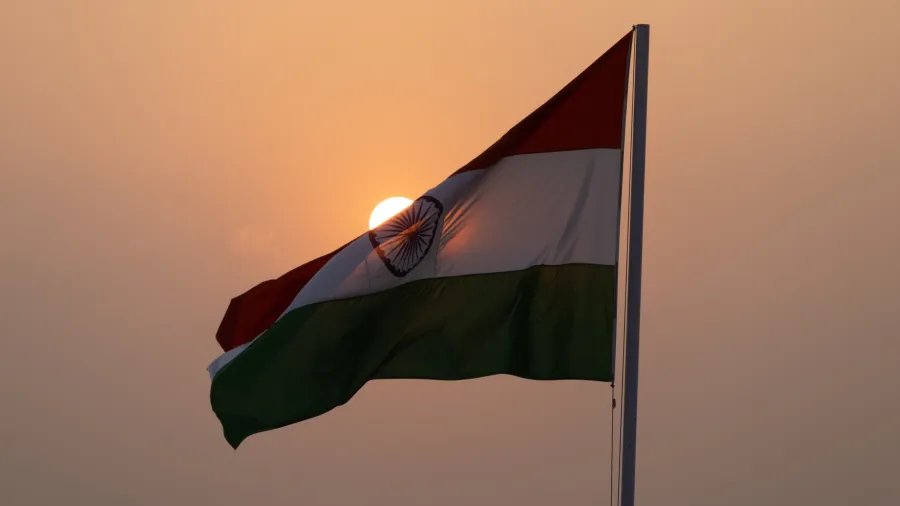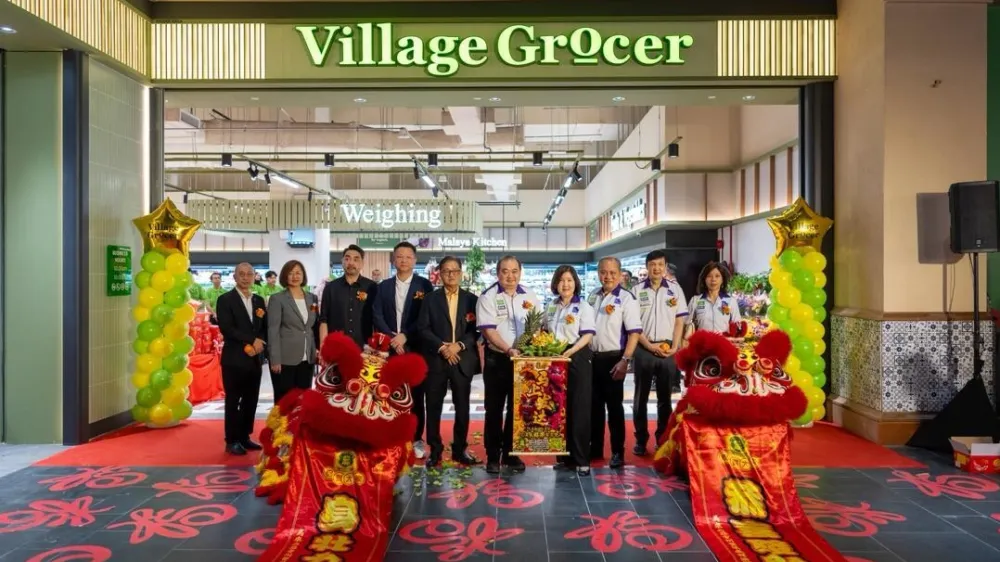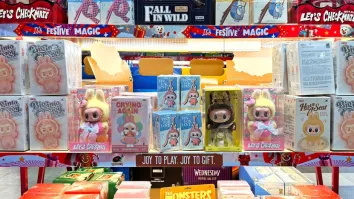
Tensions escalate between India’s restaurants and food aggregators
Despite the lifting of quarantine restrictions, many consumers still order food online.
Tensions are escalating between Indian food service operators and food aggregators—who have been at loggerheads for years over the latter’s commissions, lack of data sharing and policy changes—much to the loss of consumers, according to a report from GlobalData.
Even as online food orders have surged, the rift between the two continues to widen over a new clutch of issues including a new cancellation policy, and the recent Goods and Services Tax (GST) reforms, the report stated.
Despite lockdowns being lifted, a sizable chunk of consumers is still ordering food online. Owing to multiple and prolonged lockdowns, and the restrictions of hotel, restaurant, and catering (HoReCa) outlets, consumers began ordering more often for convenience and safety, explained GlobalData’s consumer analyst Bobby Verghese.
Whilst both restaurateurs and food aggregators are benefitting from the surge in online orders, HoReCa players have argued that a chunk of their profits are eroded by the high (30%–40%) commissions charged by food aggregators.
Moreover, HoReCa operators have resented the lack of access to the rich consumer database that food aggregators have accumulated from the food purchased through their venues, the report added.
A fresh conflict arose in mid-2021 as Zomato unveiled a new cancellation policy, restaurants that cancel customer orders frequently will be charged a penalty or be temporarily delisted from the Zomato app and website.
The National Restaurant Association of India’s (NRAI), an association of over 500,000 restaurants, filed a complaint with the Competition Commission of India against the purported anti-competitive policies of food aggregators.
Furthermore, the central finance ministry amended tax laws, requiring food aggregators to pay 5% GST on behalf of restaurants for all online orders starting next year, causing prices of food from unregistered eateries to escalate and rendering them less competitive.
While the latest GST amendments intend to bring the unorganised foodservice sector under the tax radar, it can inadvertently alienate small-scale eateries from the online food delivery space, GlobalData said.
“The uneasy alliance between restaurateurs and food aggregators will continue as each party has its own domain of expertise that the other cannot compete with. Apart from multinational chains such as Dominos and KFC, most restaurants lack the deep pockets to commence an independent online delivery service,” Verghese said.



















 Advertise
Advertise







